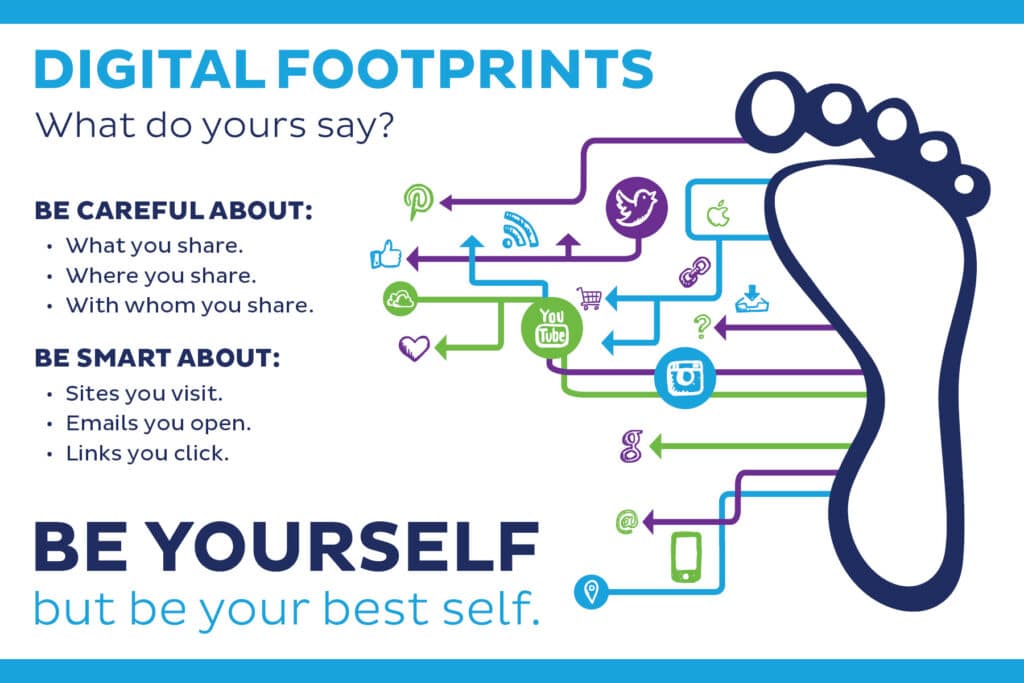A Decade of Dollars, Discipline, and Dodging Debt in the U.S. Army

I joined the United States Army at the tender age of 20, armed with youthful enthusiasm, a wife, and a baby on the way. I also joined as an E1ŌĆömeaning I made about enough money to afford socks, maybe. Back then, pay for junior enlisted was even worse than it is today!
Still, for all its quirks, Army life had its perks. No matter where Uncle Sam dropped us, we had guaranteed food, housing, and healthcare. That kind of financial stability is no small thing. But like a discount steak dinner, thereŌĆÖs always some gristle to chew through.
The Financial Bootcamp You DidnŌĆÖt Expect
You see, the Army knows many of us come in without much knowledge of how to manage money. So they sit us down and teach us during in processing. A lot. I remember my first class on financial literacyŌĆöthe instructor opened with a gem IŌĆÖll never forget:
ŌĆ£Just because you have checks doesnŌĆÖt mean you have money!ŌĆØ
AinŌĆÖt that the truth?
These classes cover everything from checking accounts to taxes, retirement, and the mystery that is LES (Leave and Earnings Statement). But education doesnŌĆÖt always equal application, especially when credit starts calling your name like a sweet-talking siren.
- Credit: The Friendly Snake in the Grass
Credit is easy to get in the military. Why? Because your paycheck is dependable, and creditors know the military can punish you for falling behind on debt. That means businessesŌĆöespecially in military townsŌĆölove throwing credit offers at you like beads at Mardi Gras.
I once accompanied a fellow Soldier to buy a car audio system. The salesman pulled out U.S. Army allotment forms to help finance it! It wasnŌĆÖt even subtle. No surprise thereŌĆöno one ever got a lower interest rate because they wore the uniform. It is usually the exact opposite.
Pro tip: Always, and I mean always, have your contracts reviewed by JAG (Judge Advocate General Corps). ItŌĆÖs free. YouŌĆÖre already paying for it with your taxes, might as well use it before you sign your life away for a pair of subwoofers or for that used car.
- Debt and Disaster: What to Do (and Not Do)
Life happens. Your car breaks down. You have to fly home unexpectedly. Someone breaks in and steals your stuff. Bad luck is impartial.
What to Do:
Talk to your chain of command. Seriously. Your unit and post services have your back. From no-interest emergency loans and travel assistance to free furniture from the lending closetŌĆösupport exists. As a former NCO, it was one of my proudest duties helping Soldiers through tough times. If you need help, ask. ThatŌĆÖs what weŌĆÖre here for.
What Not to Do:
Do not go running to a payday loan place. Ever. I joke with my kids that IŌĆÖd rather they borrow from the mob than a payday lender. At least the mob has standards. Soldiers pawning government gear to pay off payday loans? I’ve seen it. Posts even have banned off post establishment lists with these places on them right beside brothels and known places to buy illegal drugsŌĆöbecause theyŌĆÖre that dangerous. It always felt morbidly ridiculous the military hands you lists of where you can find all the awful stuff you shouldnŌĆÖt do though!
- The Trouble With Windfalls
One of the hardest things to manage in uniform? Extra money. Reenlistment bonuses, deployment pays, tax returnsŌĆöthey come fast and feel fantastic.
And then you buy a Cadillac Escalade.
When I came back from Iraq in 2008, the parking lot looked like a luxury car dealership. IŌĆÖm pretty sure at least half of those Escalades got repoŌĆÖd by 2009.
A buddy of mine spent $20,000 during a 10-day midtour leave. Parties, travel, you name it. He had a great timeŌĆ” for 10 days. But financial joyrides have long-term costs.
Rule of Thumb: Take care of your debts first. Drop 15% into your TSP. Then, sureŌĆöenjoy a little. But never take passion before principle.
Lessons From the Financial Frontlines
Military families have access to so many resources civilians would envy:
- Free legal services
- Tuition assistance and CLEP tests
- Free tax prep
- Subsidized vacation packages through MWR
- Low-interest banking (hello USAA and Navy Federal!)
- Emergency aid through your community services office
- And more acronyms than youŌĆÖll know what to do with
Before you spend thousands on a trip to Disney, check with MWR. TheyŌĆÖve got better deals than your favorite travel site.
Credit, Debt, and Long-Term Planning
Three golden nuggets of financial wisdom for service members:
- Use Your Resources: YouŌĆÖre already paying for themŌĆöwhy not benefit? Budgeting help, emergency loans, legal reviews, vacation dealsŌĆötheyŌĆÖre all waiting for you.
- Understand Credit: Learn how credit works. Use your annual free credit reports. Know the lingo. DonŌĆÖt just get a card because it offers ŌĆ£rewardsŌĆØŌĆöread the fine print.
- Start Investing: Whether itŌĆÖs TSP, mutual funds, or a retirement planŌĆödo something. One thingŌĆÖs guaranteed in the military: one day, youŌĆÖll leave it. Plan now, so your future self can chill on a beach instead of working a second job.
Final Thoughts From a Retired Soldier
IŌĆÖve seen too many good Soldiers want out of the ArmyŌĆöbut couldnŌĆÖt afford to. Trapped by debt, unprepared, and without a plan. They didnŌĆÖt get educated. They didnŌĆÖt use the resources. And they didn’t think long-term.
Serve because itŌĆÖs an honorŌĆönot because youŌĆÖre out of options.
Stay debt-free, plan smart, and remember: You can enjoy life on a government salary. Just maybe donŌĆÖt buy an Escalade in the process.
Ō£ģ Thoughts from DWD
At Dealing With Debt, we know that building a strong financial foundationŌĆöwhether you’re in uniform or civilian lifeŌĆöstarts with practical education, trusted support, and a commitment to long-term planning. Life will throw challenges your way, but with the right tools and community behind you, financial stability isnŌĆÖt just possibleŌĆöitŌĆÖs within reach.
WeŌĆÖre proud to stand alongside those working to create a future of confidence, security, and freedomŌĆöone smart decision, one steady step, and one budget at a time.






Responses